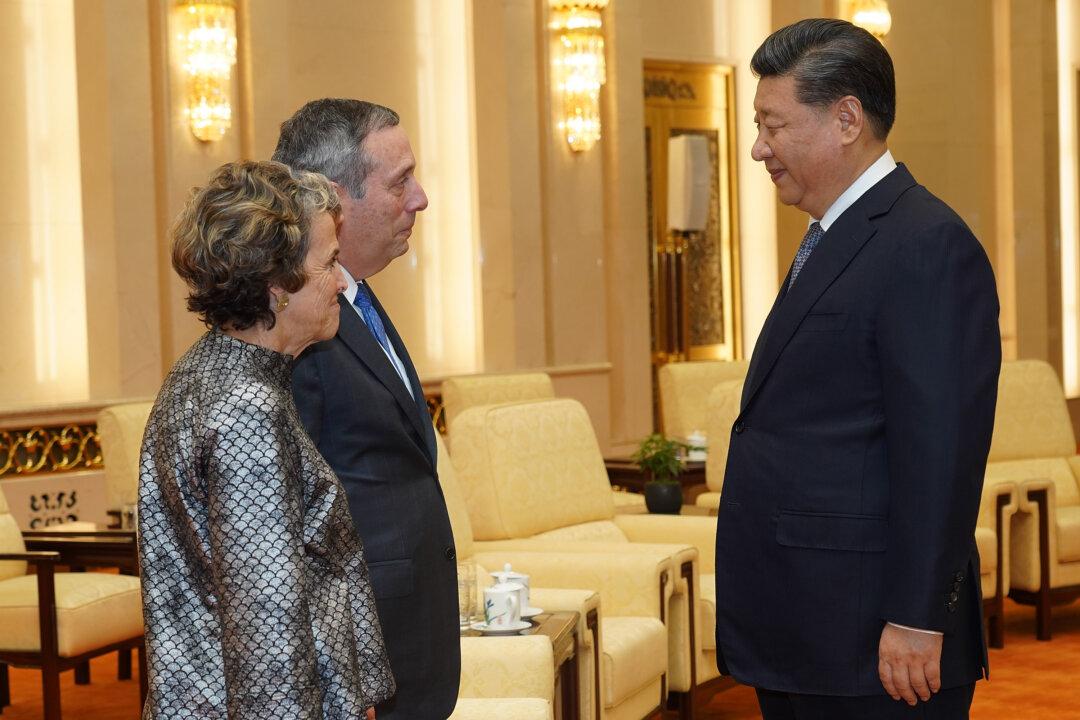Lawrence Bacow, the president of Harvard University, told students and faculty that he tested positive for the CCP virus, which causes the COVID-19 disease.
The Epoch Times refers to the novel coronavirus as the CCP virus because the Chinese Communist Party’s coverup and mishandling allowed the virus to spread throughout China and create a global pandemic.





